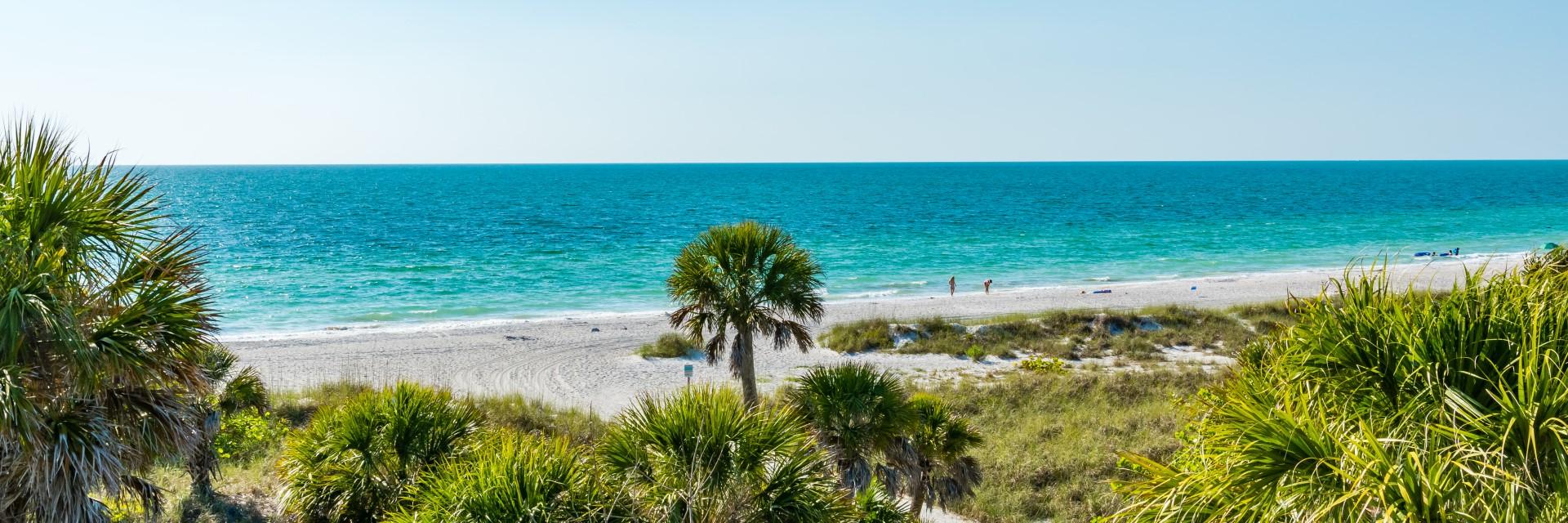Antigua, 30 May 2024 - The President of the Republic of Seychelles and the Prime Minister of Cabo Verde co-hosted the High-Level Dialogue Leveraging Partnerships for Climate Resilience and Sustainable Finance, co-organized by Seychelles as chair of the African Island States Climate Commission (AISCC), alongside the other African Island States, ECA, Indian Ocean Commission (IOC), and various partners. This event took place during the 4th International Conference of the Small Island Developing States (SIDS4) in St. John’s, Antigua and Barbuda, from May 27th to 30th.
The event brought together Ministers from the Atlantic, Indian Ocean, and South China Sea (AIS) regions of the SIDS, as well as major stakeholders, including directors from the Green Climate Fund, Adaptation Fund, and Global Environment Facility. Also present were the Vice President of the World Bank, State Secretaries from Germany and Portugal, and Special Envoys for SIDS from the European Union, United Kingdom, and United States, along with several senior UN officials.
The President of Seychelles, Mr. Wavel Ramkalawan, emphasized the need to consider the vulnerabilities of SIDS as criteria for accessing funding. “Having a good development track does not mean being less vulnerable, and therefore there is a need for fair access to climate finance,” he stated. “Today, we embark on a pivotal conversation aimed at harnessing the power of collaboration, innovation, and strategic financing to bolster our collective resilience and propel sustainable development across our island nations. We recognize that no single entity, government, or organization can confront the climate crisis alone. Instead, it demands a concerted effort, a unified vision, coordinated action, and robust partnerships forged across borders and sectors,” he concluded.
The Prime Minister of Cabo Verde, Mr. Ulisses Correia e Silva, highlighted the importance of operationalizing the loss and damage fund, particularly in response to natural disasters that severely impact the vulnerable economies of SIDS. He stressed the significant role of instruments such as the Multidimensional Vulnerability Index and debt swaps for climate, which can provide SIDS with the necessary means to achieve sustainable development. “These tools are essential for unlocking substantial resources and fostering investments that build long-term resilience in our states, necessitating immediate action to be effective,” he added.
During the high-level panel, the Ministers of the AIS region underscored the importance of strengthening regional coordination to present a unified voice in the SIDS agenda and facilitate access to climate finance. They noted that while the Caribbean and Pacific regions have established coordination mechanisms, the AIS region needs to enhance its own mechanisms and commit efforts to achieving this promptly. They identified ongoing initiatives, as well as innovations, priorities, challenges, and lessons learned, to contribute towards a common approach to coordination that harnesses development and climate resilience across the region.
The Under-Secretary-General for Economic and Social Affairs, Li Junhua, emphasized the need for collective diplomacy to amplify the voice of the SIDS in the global agenda and shared the UN Secretary-General’s Climate Action Acceleration Agenda, which offers an ambitious roadmap for climate justice. “This Agenda aims to deliver justice for those on the frontlines of the climate crisis, including doubling adaptation finance, ensuring the US$100 billion annual promise, and reforming the international financial architecture; the ABAS will strongly complement this Agenda,” he expressed.
The Under-Secretary-General and High Representative for the Least Developed Countries, Landlocked Developing Countries, and Small Island Developing States, Rabab Fatima, noted that there are innovative and inspiring examples in the African Island States that demonstrate the leadership and efforts to overcome challenges by these countries. “The collaborative effort through the African Island States Climate Commission is critically important, since historically, the AIS region has suffered from a lack of global support to tackle the daunting challenges their countries face,” she explained.
Nassim Oulmane, Acting Director of the Technology, Climate Change, and Natural Resource Management Division at ECA, underscored the efforts of the AISCC to support the coordination of the AIS region. “We are working with member states to strengthen their coordination capacities and contribute to a stronger AIS region. An example of this is the RESIslands Project, funded by the Green Climate Fund and implemented by ECA and the AISCC, which aims to improve the lives of the most vulnerable communities and those most exposed to climate hazards in the nine African Island States, making them more resilient to climate change threats”, he explained. He concluded that this project could be expanded to cover the other countries in the AIS region and contribute to strengthening regional collaboration and capacities for climate resilience across the whole region.
The High-Level Dialogue was followed by a technical dialogue where several flagship initiatives for SIDS were discussed, including the Sustainable Debt Coalition for SIDS, the Great Blue Wall Initiative, the RESIslands Initiative, the study on Financing Climate Change Adaptation and Mitigation in African SIDS, the Joint SDG Fund actions to support SIDS, and the role of universities and research in supporting the SIDS agenda.
The SIDS4 concluded with the release of the Antigua and Barbuda Agenda for SIDS (ABAS) – a Renewed Declaration for Resilient Prosperity. This document will guide the development of the SIDS for the next decade. It calls for providing climate finance to SIDS in line with existing obligations and commitments; harmonizing and simplifying the application requirements, access, and approval procedures; advocating for dedicated financing and programs for SIDS, including minimum allocation funding criteria for SIDS; addressing the current high barriers and transaction costs, especially for financing small-sized projects for SIDS; and providing technical support for SIDS for carbon markets development. ECA is charged with supporting AIS member states in its implementation, monitoring, and evaluation.
The AIS Region is composed of the Republic of Cabo Verde, Union of Comoros, Republic of Guinea Bissau, Republic of Maldives, Republic of Mauritius, Democratic Republic of Sao Tome and Principe, Republic of Seychelles, Republic of Singapore, and Republic of Timor-Leste. In addition to these countries, the Republic of Equatorial Guinea, Republic of Madagascar, and Union of Tanzania (Zanzibar) are members of the AISCC.

